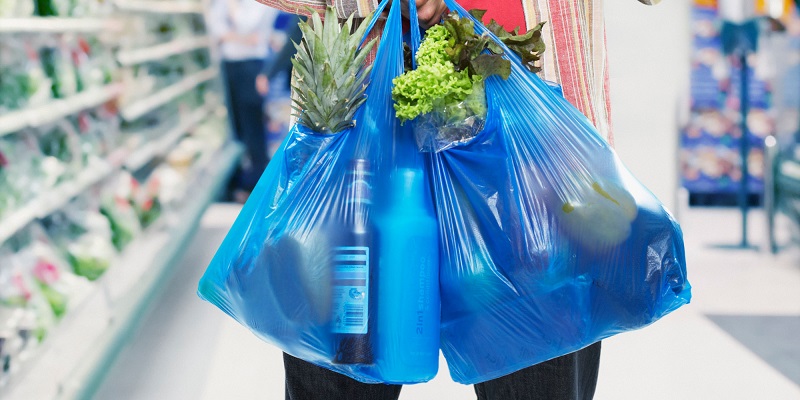The Panama Parliament passed a pioneering law in Central America that prohibits the use of disposable plastic bags in any type of commercial establishment and seeks to reduce consumption of this material by 20% in the country.
"It is a step in the right direction, but a small step. The plastic industry is extremely large and highly polluting and we will have to continue to develop more laws," said the deputate in opposition Samir Gozaine, who happens to be on of the major promoters of the new standard.
The Law 492, which has yet to be passed through the president and in order to enter into force, is aimed to progressively replace plastic bags with less polluting alternatives such as biodegradable bags, cardboard, cloth and thread.
Polyethylene bags, recalled the politician, take almost 400 years to decompose, while biodegradable ones disappear in only 25 or 30 years.
According to the text approved today, supermarkets, pharmacies and small stores will have twelve months to adapt to the new regulations from the moment it enters into force, while warehouses and wholesale stores will have 24 months.
Eventually the new bags will be charged to the customers of stores. The Authority for Consumer Protection and Defense of Competition (Acodeco) will be the institution in charge of ensuring compliance with the rule and the funds collected for fines will go to recycling programs.
The measure has been much applauded by environmentalists, but much criticized by traders, who fear that it may discourage consumption and raise the price of the basic basket.






